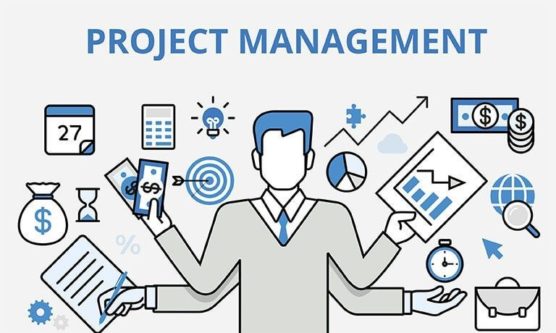
Available courses

This unit aims to develop knowledge and understanding of the communication practices within organizations and learners are introduced to the different modes and channels of communication used in organizations.
In addition, learners will be able to develop their communication skills.
Learners will also apply their own communication skills to typical organizational requirements.

Customer relationship management (CRM) is an approach to managing a company's interaction with current and potential customers. It uses data analysis about customers' history with a company to improve business relationships with customers, specifically focusing on customer retention and ultimately driving sales growth.

This unit aims to develop knowledge and understanding of those aspects of organizations that concern and support people. This includes communication practices, teamwork, remote working, and other organizational structures.
Using this knowledge and understanding, learners will be able to review the impact of workplace practices on people.

To develop knowledge and understanding of fundamental financial and management accounting techniques used by managers in organizations and to enable learners to apply these techniques.

In order to achieve this unit learners must produce work that demonstrates achievement of the learning outcomes at the standards provided by the assessment criteria. Learners must use exemplars to illustrate the points which are made. There is a requirement to utilize information from specific organizations to meet some of the stated standards.

This unit aims to develop knowledge and understanding of the communication practices within organizations and learners are introduced to the different modes and channels of communication used in organizations.
In addition, learners will be able to develop their communication skills.
Learners will also apply their own communication skills to typical organizational requirements.


To provide learners with knowledge and understanding of sales and the principles and practices of professional selling in the business environment.

To enable learners to develop the knowledge and understanding required to manage and deliver excellent customer service.

to develop knowledge understanding and skills in human resource management and consider contemporary issues that affect human resource management within organizations.

This unit is to enable the learner to understand the role of leadership and management in organizations; and the use of leadership and management skills to improve organizational performance.

to enable learners to understand the process of identifying appropriate and feasible projects.
Learners will also understand how the projects can be planned and monitored in order to achieve business objectives.

Accounting or accountancy is the measurement, processing, and communication of financial and nonfinancial information about economic entities such as businesses and corporations.
Accounting, which has been called the "language of business" measures the results of an organization's economic activities and conveys this information to a variety of users, including investors, creditors, management, and regulators

Sources of financial information: Internal (internal accounting systems, payroll etc.), External
(suppliers, Companies House, the Budget etc.)
• Financial information: Profitability, Cash flow, Business value, Financial stability, Cost projections.
• Need for financial information: Assessing finance requirements, obtaining finance, reporting to
owners, shareholders and stakeholders, Setting and meeting targets, Appraising new projects,
Managing risk, Internal needs v External needs.
• Business risks: Strategic, Market, Compliance, Operational, Risk modelling.